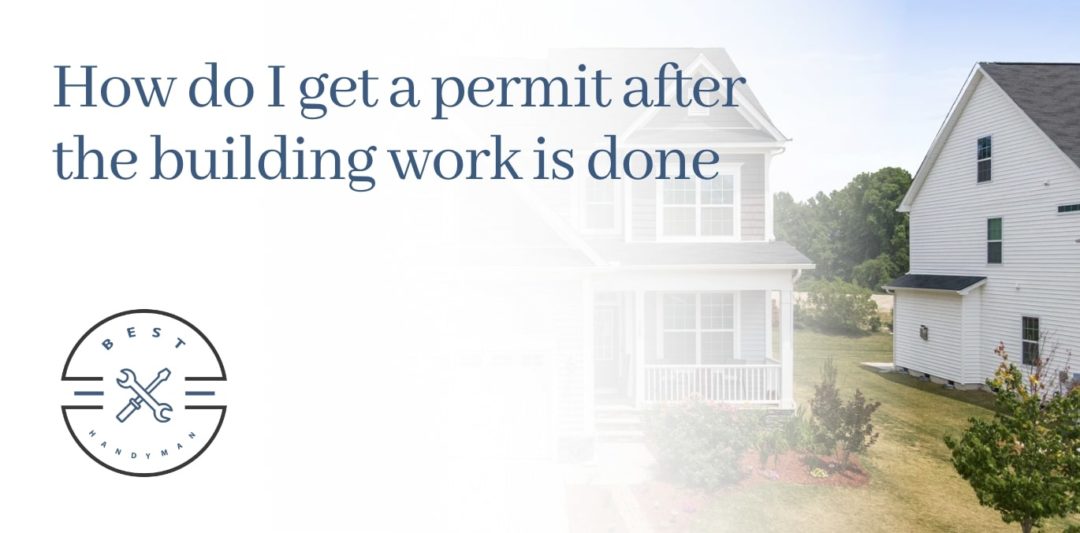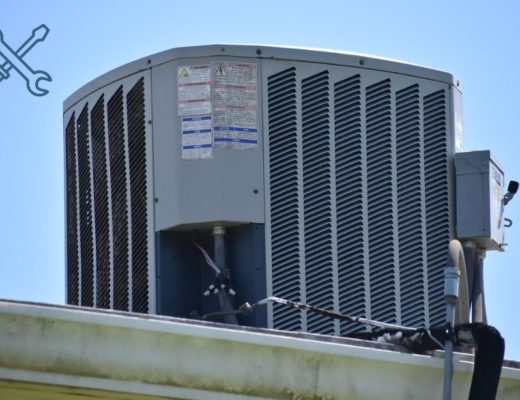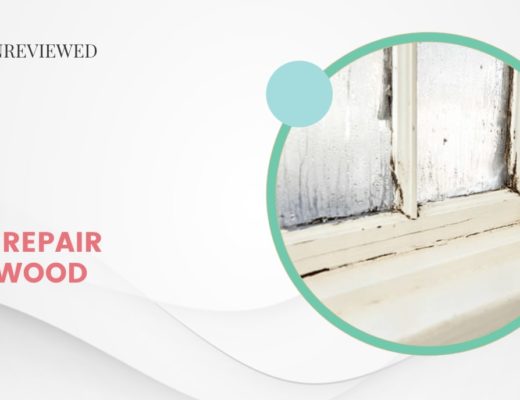After the completed building work, you can still get a permit from the concerned governing authority, but be aware that this process can be more demanding for you in terms of the work and costs.
What you can do now is to contact the local building and planning authority to get a certified inspector to evaluate whether the project or changes made to your house complies with current building codes.
Then, you’ll need to pay the penalty for obtaining a permit after building, which is typically twice the price of obtaining a permit at the start of a project. Ideally, your contractor should have helped you do this before they started construction.
In this guide, we will tackle how getting a permit should really be done and the consequences of not doing so. So, let’s dive in!
How to Get a Building Permit
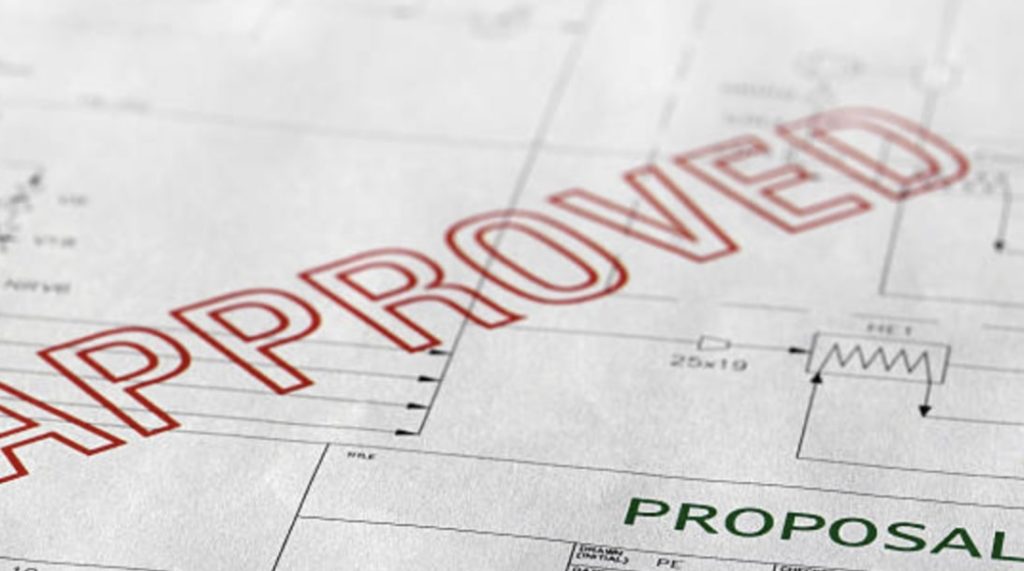
It’s fairly straightforward to get a construction permit for your new home project.
Though doing this can be inconvenient and hard, it would be harder and more expensive if you skip this and get it only when the project is done.
Remember, you’re responsible for securing all permits and licenses, but your chosen contractor must assist you with this process.
So, here are the steps for obtaining the relevant building permit:
- Contact your local building group and describe to them the building project you’ll undertake.
- Fill up your permit application and prepare all requirements. These differ in every city, but common requirements are blueprints, business registration, and personal identification.
- Submit the requirements, and pay the applicable fees.
- Display the building permit or certificate before any work begins. You can tape it on a door or window on the site.
- Get an inspector to come and check the building work at different points of the build. If changes are needed to adhere to the building code, follow their advice and carry out the needed changes.
- If your building work has been approved by the licensed inspector, your permit is no longer needed. Keep it in a safe place so that you can present it when it is needed again.
What happens if you don’t get a permit?
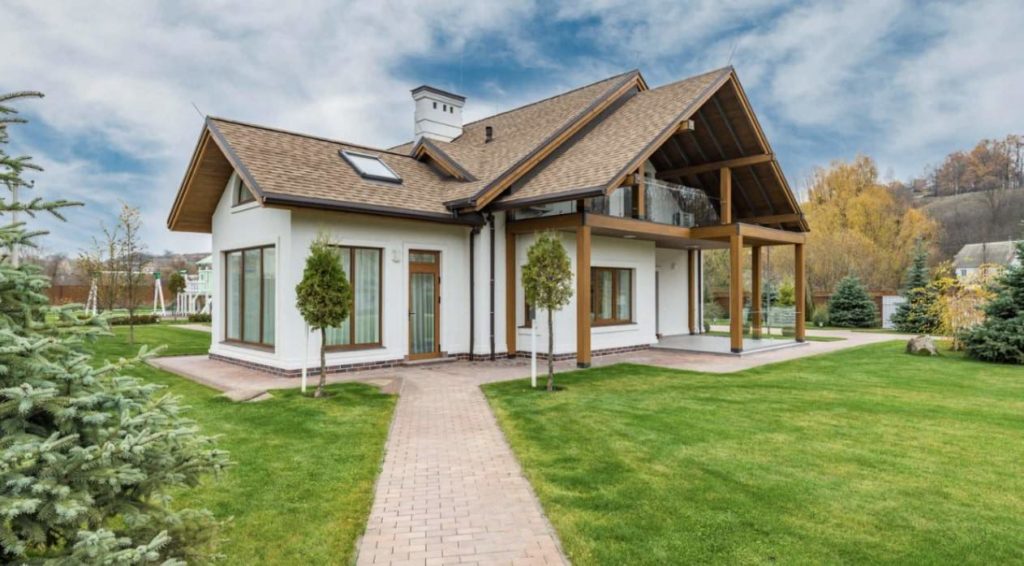
Failing to get a permit can put you and your property in danger. Below are some of the harmful consequences of unpermitted construction.
Safety Risks
This is a big problem since you aren’t sure if the building work is safe and durable for the occupants that will live in it.
The major areas of concern are the electrical, plumbing, and roofing work because these can create issues that can harm the household or result in aggravating and costly repairs.
Plus, the owner and/or its tenants won’t have peace of mind under the roof of the newly built house that hasn’t been inspected or permitted by the building commission.
Insurance Conflicts
You’ll find it virtually impossible to get homeowners insurance because you can’t guarantee or prove that the house in question is safe.
This can be a huge financial loss on your part. If damage is done to your property—say fire, earthquake, or burglary—none of your asset losses will be covered at all.
Selling Problems
Because you can’t guarantee the safety of the house you’ve built, not a lot of potential buyers will risk purchasing the home.
And worse, suppose you have lied about the home and faked its permits, you can get sued by the new homeowner, and that will usually get you years of jail time and extremely hefty fines.
More Builder Resources
If more building is required to finish your custom home, you can hire great contractors from the following lists:

